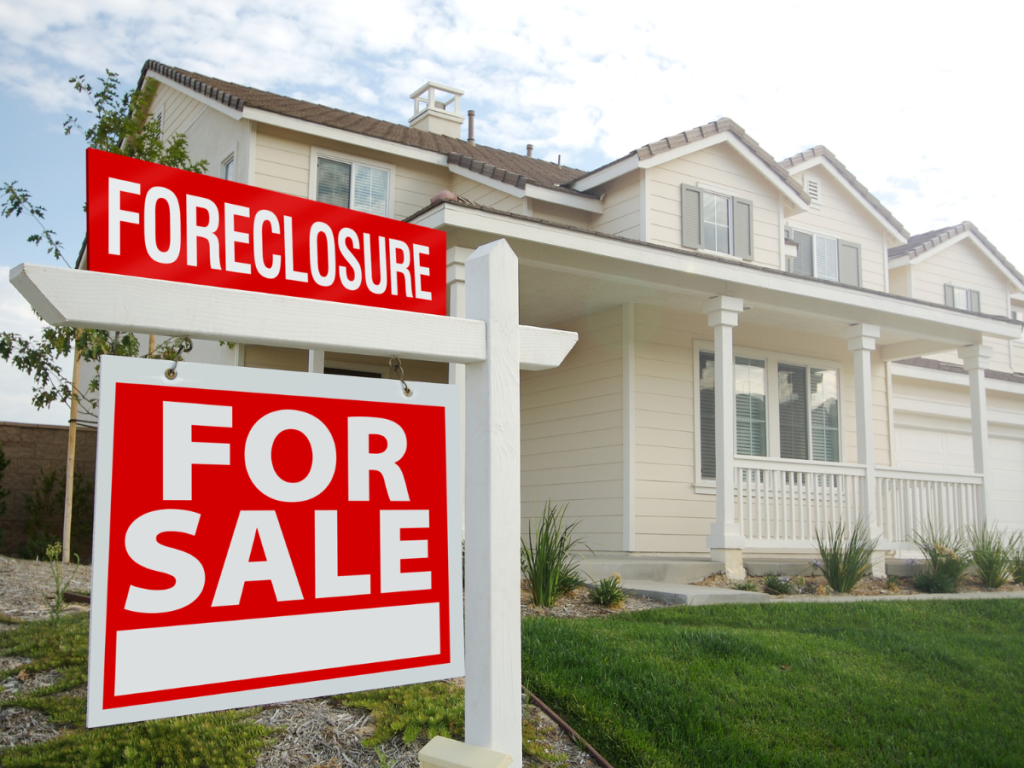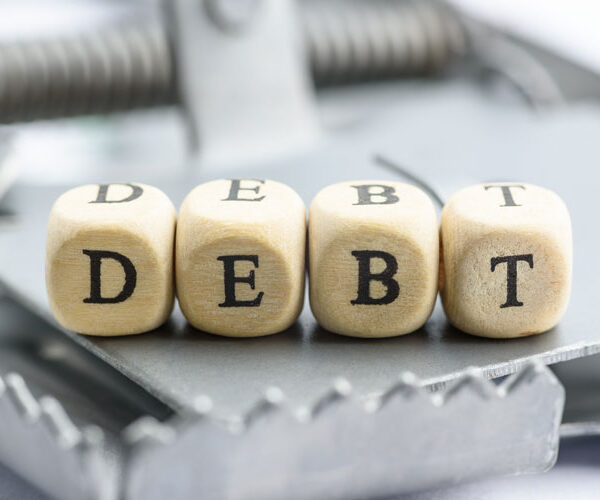Facing bankruptcy is stressful enough, but one of the biggest concerns people have is: “Will I lose my home if I file for bankruptcy?”
The good news is that bankruptcy doesn’t always mean giving up your house. In fact, bankruptcy laws provide protections—called homestead exemptions—that can help you keep your home, depending on your financial situation and the type of bankruptcy you file.
This guide explains how bankruptcy works when it comes to protecting your home, the differences between Chapter 7 and Chapter 13, and strategies to safeguard your property during the process.
Can You Keep Your Home During Bankruptcy?
Whether you can keep your home depends on three main factors:
-
The type of bankruptcy you file (Chapter 7 or Chapter 13).
-
The amount of equity in your home (your home’s value minus what you owe on your mortgage).
-
The homestead exemption laws in your state (or federal exemptions, if allowed).
If your home equity is within the exemption limits, there’s a strong chance you can keep your home—even during bankruptcy.
Chapter 7 Bankruptcy and Your Home
Chapter 7 bankruptcy, also called “liquidation bankruptcy,” allows you to wipe out many unsecured debts like credit cards or medical bills. However, the bankruptcy trustee may sell non-exempt assets to repay creditors.
-
If your home equity is below your state’s exemption limit: You’ll likely keep your home as long as you continue paying your mortgage.
-
If your equity is above the exemption: The trustee could sell the home, pay off your mortgage, give you your exemption amount in cash, and use the rest to pay creditors.
Important: Even if your equity is protected, you must stay current on your mortgage. Chapter 7 does not eliminate your obligation to make future mortgage payments.
Chapter 13 Bankruptcy and Your Home
Chapter 13 bankruptcy is often the better option for homeowners who want to protect their property. Instead of liquidating assets, you enter into a repayment plan (usually 3–5 years) to catch up on missed payments while keeping your home.
Key protections under Chapter 13:
-
You can stop foreclosure and repay missed mortgage payments over time.
-
Your mortgage lender cannot proceed with foreclosure as long as you stick to your repayment plan.
-
If your second mortgage is completely unsecured (house value is less than your first mortgage balance), you may be able to strip it off and treat it as unsecured debt.
Homestead Exemptions: The Key to Protecting Your Home
A homestead exemption protects a certain amount of equity in your primary residence during bankruptcy. The amount varies widely:
-
Some states allow only a few thousand dollars of protection.
-
Others (like Florida and Texas) offer unlimited homestead exemptions, meaning your entire home may be protected.
-
Federal exemptions (if your state allows them) provide a set protection limit that adjusts every few years.
Understanding your state’s exemption laws is critical before filing bankruptcy.
Tips to Protect Your Home During Bankruptcy
-
Stay Current on Your Mortgage: Bankruptcy may wipe out other debts, but your mortgage remains a secured loan. If you want to keep your house, you must continue paying it.
-
Choose the Right Bankruptcy Chapter: Chapter 13 is usually better if you’re behind on payments, while Chapter 7 may work if your equity is protected and your mortgage is current.
-
Know Your State’s Exemption Laws: Consult with a bankruptcy attorney to determine how much of your home equity is protected.
-
Avoid Transferring Assets Before Filing: Selling or transferring your home before bankruptcy can be considered fraud and hurt your case.
-
Consider Alternatives: Sometimes debt settlement or debt management plans may help reduce other debts so you can keep up with your mortgage.
Alternatives to Bankruptcy If You Want to Keep Your Home
If you’re mainly worried about losing your home, bankruptcy may not be the only solution. Consider alternatives like:
-
Loan Modification: Renegotiating loan terms with your lender.
-
Forbearance Programs: Temporary suspension or reduction of payments.
-
Debt Settlement or Management Plans: Free up income to pay your mortgage.
-
Refinancing: If your credit allows, refinancing at a lower interest rate may make payments more manageable.
Final Thoughts
Bankruptcy is a serious decision, but it doesn’t always mean losing your home. By understanding how Chapter 7 and Chapter 13 treat mortgage debt, using homestead exemptions, and exploring alternatives, you can take steps to protect your property.
The best move is to speak with a bankruptcy attorney or credit counselor who understands your state laws and financial situation. With the right guidance, you can protect your home while still finding the debt relief you need.






Recent Comments